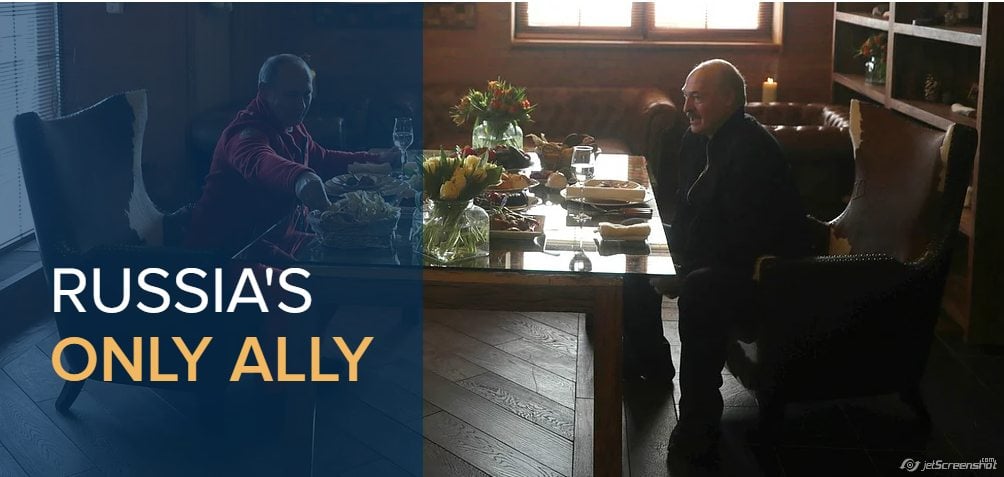
By Edward Lucas, for CEPA
The West Needs to Formulate a Belarus Policy Before It Is Too Late
Most countries don’t know what goes on in Europe’s last dictatorship. Most don’t care, either. For all but a handful of its western neighbors, Belarus is a geopolitical black hole, neglected and ignored in equal measure. The regime in Minsk has signaled some desire to improve ties with the United States, lifting a cap on embassy numbers. Relations with Poland have warmed slightly, while Lithuania is rightly furious about a new nuclear reactor being built on its border. The European Union last month renewed thesanctions it first imposed in 2004. None of this makes headlines.
For Russia, though, Belarus is vitally important. Since it alienated Ukraine, the regime in Minsk – albeit infuriatingly wayward and costly – is Russia’s only real ally. Opportunistic ties with Venezuela, Syria, and Iran are not the same. Nor do puppet regimes in Transnistria, South Ossetia, or Abkhazia count as serious. If Russia wants to be seen as a cultural or civilizational pole of attraction, and if it wants to be a regional military power, it needs Belarus.
But Russian-Belarusian ties are creaking. At their meeting on December 30, President Alexander Lukashenko gave Vladimir Putin fatback [salo, in Russian] and four sacks of potatoes. Observers were unsure whether this was an ironic, pandering or unwitting reference to Russian stereotypes about Belarus as a place populated by peasant dimwits.
Putin’s larder is already well supplied. He wants more substantial tribute: bigger oil and gas payments, an airbase, and a common currency, putting the Belarusian economy firmly under Kremlin control. So far, that is not happening smoothly. Talks on the creation of a supranational “Union State” are deadlocked. Lukashenko now says his country’s sovereignty is “sacred” – much stronger language than he has used previously.
The less you know about Belarus, the easier it is to get excited about all this. Perhaps Putin will invade, like in Ukraine in 2014. Or organize a coup, as in Montenegro in 2016.
This is unlikely. Belarus is not Ukraine. There is no Crimea to seize, nor is there any alienated region ripe for insurrection, as in the Donbas. Although the defense and security establishment is thoroughly penetrated by Russia, the aim so far has been intelligence collection, not the exertion of influence. At the top, politics in Minsk is firmly under Lukashenko’s control. There is no sign of a “pro-Kremlin” faction in Minsk able to seize power. A putsch is of course possible, but it could be messy.
Nonetheless, change is likely. Putin needs a geopolitical stunt to distract attention from economic and political stagnation at home. Syria and Ukraine no longer add much sizzle to his account of where his leadership is taking Russia.
The most likely outcome this year is that Russia will try to move theUnion State forward. In practice, of course not much would change in either Russia or Belarus. The two countries have been talking about the Union State for 20 years, with little practical result. But a showy deal would look good on the TV news. Running the Union State would be a nice, safe job for Putin when his supposedly final presidential term runs out in 2024—perhaps easier than trying to push through yet another constitutional change. Tighter economic links might help squeeze more money out of Belarus. Curbing Lukashenko’s foreign policy flirtations, with the West and, particularly, China, would be welcome too.
Best of all, a stunt would make the West look stupid and weak. We do not have a policy on Belarus. By the time we find one, it will be too late.
By Edward Lucas, for CEPA




